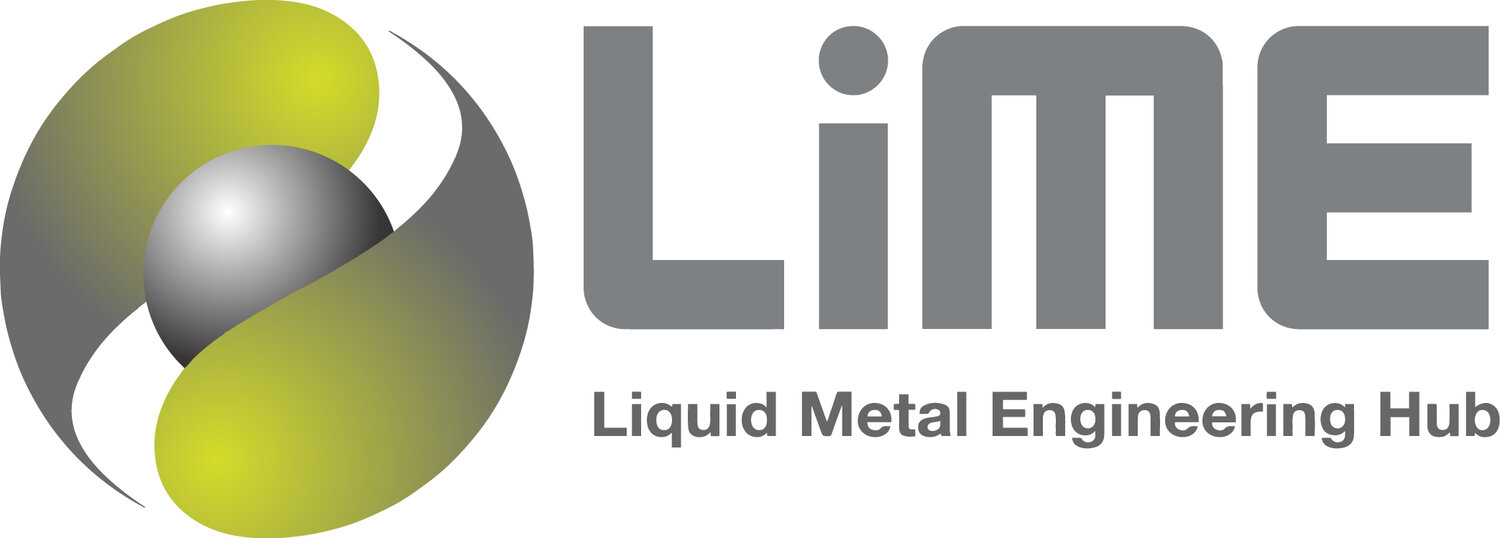Physics-based Modelling of Texture Evolution During Extrusion of High-strength 6xxx Aluminium Alloys
Applications are invited for one full-time EPSRC Industrial CASE (ICASE) PhD studentship for the project “Physics-based Modelling of Texture Evolution During Extrusion of High-strength 6xxx Aluminium Alloys”, at Brunel Centre for Advanced Solidification Technology (BCAST), Brunel University London, starting from 1st April 2022. BCAST is a speciality research centre in metallurgy with a focus on processing of metallic materials for lightweighting applications. See www.brunel.ac.uk/bcast for more information. The project is sponsored by Constellium, a global leading manufacturer of high-quality technically advanced aluminium products and systems. Successful applicants will receive an annual stipend (bursary) of £17.609 plus payment of their full-time home tuition fees for a period of 48 months (4 years).
The successful applicants will join the internationally recognised researchers in BCAST at Brunel University London (BUL). This research project is focused on the numerical simulation of the extrusion process, using a combination of crystal plasticity and finite element method (FEM), to explore the interplay between the process conditions and the evolution of texture during plastic flow of aluminium alloys in direct extrusion. The project will be part of activities of the Constellium University Technology Centre (UTC) at Brunel and will be conducted in close collaboration with the Materials Made Smarter Centre (MMSC), which delivers multidisciplinary research in the area of Digital Manufacturing. You will have the opportunity to interact with and receive advice from Constellium’s industrial research engineers in addition to the MMSC’s leading researchers in materials, physics-based modelling, and data science, across MMSC’s five partner institutions (Universities of Sheffield, UCL, Cambridge, Brunel, Nottingham, and Swansea).
Please contact Professor Hamid Assadi at hamid.assadi@brunel.ac.uk for an informal discussion about the project.
Eligibility
Applicants must be eligible for home tuition fees through either nationality, residency (living in the UK for at least three years and not wholly for educational purposes) or other connection to the UK.
Applicants will have or be expected to receive a first or upper-second class honours degree in an Engineering, Computer Science, Design, Mathematics, Physics, or a similar discipline. A Postgraduate Masters degree is not required but may be an advantage.
Applicants will be required to demonstrate their abilities in numerical modelling or in the application of simulation software in scientific / engineering problems. In addition, applicants should be highly motivated, able to work independently as well as in a team, collaborate with others and have effective communication skills.
How to Apply
Please submit the documents below as a SINGLE PDF file by Noon on 18 February 2022 to
cedps-pgr-office@brunel.ac.uk Interviews will take place in last week of February 2022.
Your up-to-date CV;
Your personal statement (300 to 500 words) summarising your background, skills and experience;
Your Undergraduate/Postgraduate Masters degree certificate(s) and transcript(s);
Evidence of your English language skills to IELTS 6.5 (or equivalent, 6.0 in all sections), if appropriate;
Contact details for TWO referees, one of which can be an academic member of staff in the College.
Remember to state the title of the project at the top of your personal statement.
Meet the Supervisor - Prof Hamid Assadi
Prof Hamid Assadi is the Head of Virtual Engineering Centre and Professor of Solidification at Brunel University London. He studied Materials Engineering at Shiraz University, and received his PhD in Materials Science and Metallurgy from University of Cambridge in 1996. His work experience includes a professorship at Tarbiat Modares University, as well as several visiting appointments at Helmut Schmidt University, Max Planck Institute for Iron Research, and German Aerospace Centre (DLR).
